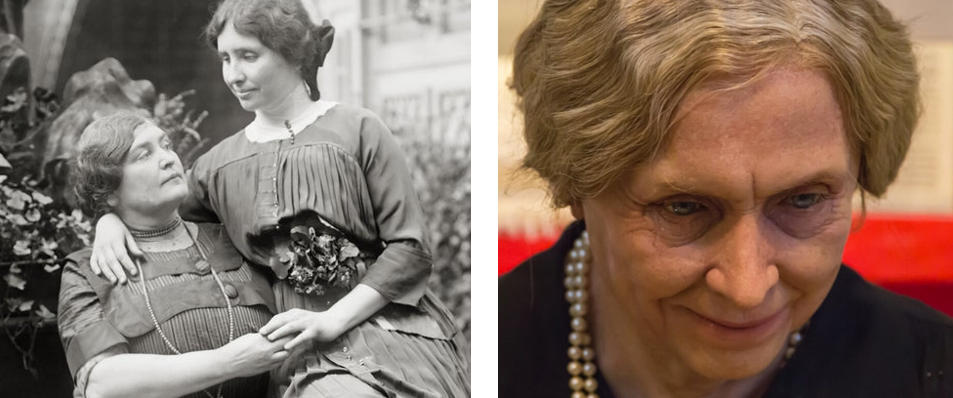June: Deafblind Awareness Week
Deafblind Awareness Week is observed during the last week of June in honour of leading humanitarian Helen Keller’s birthday.
The term deafblindness refers to a combination of visual and auditory impairments and is much more common than many people realise. Over 15 million people worldwide are estimated to be living with severe deafblindness. So, besides commemorating Keller’s accomplishments, this week is a chance to raise awareness of the condition and make the world a more deafblind-friendly place.
UsherKids Australia, Deafblind Centre of Excellence, and Deafblind Australia carry forward her mission in Australia.
How to observe Deafblind Awareness Week
Spread the word.
Help spread awareness of the condition and take measures to make the world more deafblind-friendly.
Learn how to interact with a deafblind person.
For example, when you first meet a deafblind person, let them know about your presence by them tapping gently on their shoulder or arm.
Read books by Helen Keller.
Helen Keller published 12 books and several articles. If you have never read one of her works, it’s the best time to start reading “The Story of My Life.” You’ll surely get new insights.
Helen Keller was an influential speaker who advocated for the rights of people with disability.

Helen Keller was born in Alabama USA on 27 June 1880.
An illness at the age of 19 months made her deaf and blind. As an adult, her spirit and determination ignited a spark that would illuminate the lives of countless people around the globe.
With the support of her dedicated teacher, Anne Sullivan, Helen Keller embarked on a journey of learning and self-discovery. Sullivan’s teaching methods enabled Keller to unlock the world of knowledge. Keller became the first deafblind person to earn a Bachelor of Arts degree.
Helen Keller’s contributions extended beyond her remarkable educational achievements. She authored several books, including her autobiography, “The Story of My Life,” which inspired and educated countless people worldwide. Her writing touched upon themes of overcoming adversity, the power of determination, and the beauty of human connection.
She was a fundraiser for the American Foundation for the Blind and an advocate for racial and sexual equality.
Her teacher Anne Sullivan and Keller formed a vaudeville act from 1920 to 1924, to entertain, raise money, and educate the public.
Sullivan was Keller’s interpreter and companion until the older woman’s death in 1936. Keller died in 1968 at age 87.
Five interesting facts about Helen Keller
- Her relatives felt she should be institutionalised.
- When Keller was about seven, she would kick and scream when angry and giggle uncontrollably when happy.
- Keller’s first word was ‘water’. Sullivan taught Keller the word ‘water’ by putting water on Keller’s hand and spelling out w-a-t-e-r on Keller’s other hand, and Keller understood and then repeated the word on Sullivan’s hand.
- She experienced public prejudice against her disabilities. After expressing her socialist views, the “Brooklyn Eagle” news editor wrote that her “mistakes sprung out of the manifest limitations of her development.”
- Keller travelled to 35 countries as a counsellor of international relations for the American Foundation of Overseas Blind.
- Her autobiography inspired a television drama “The Miracle Worker”.
